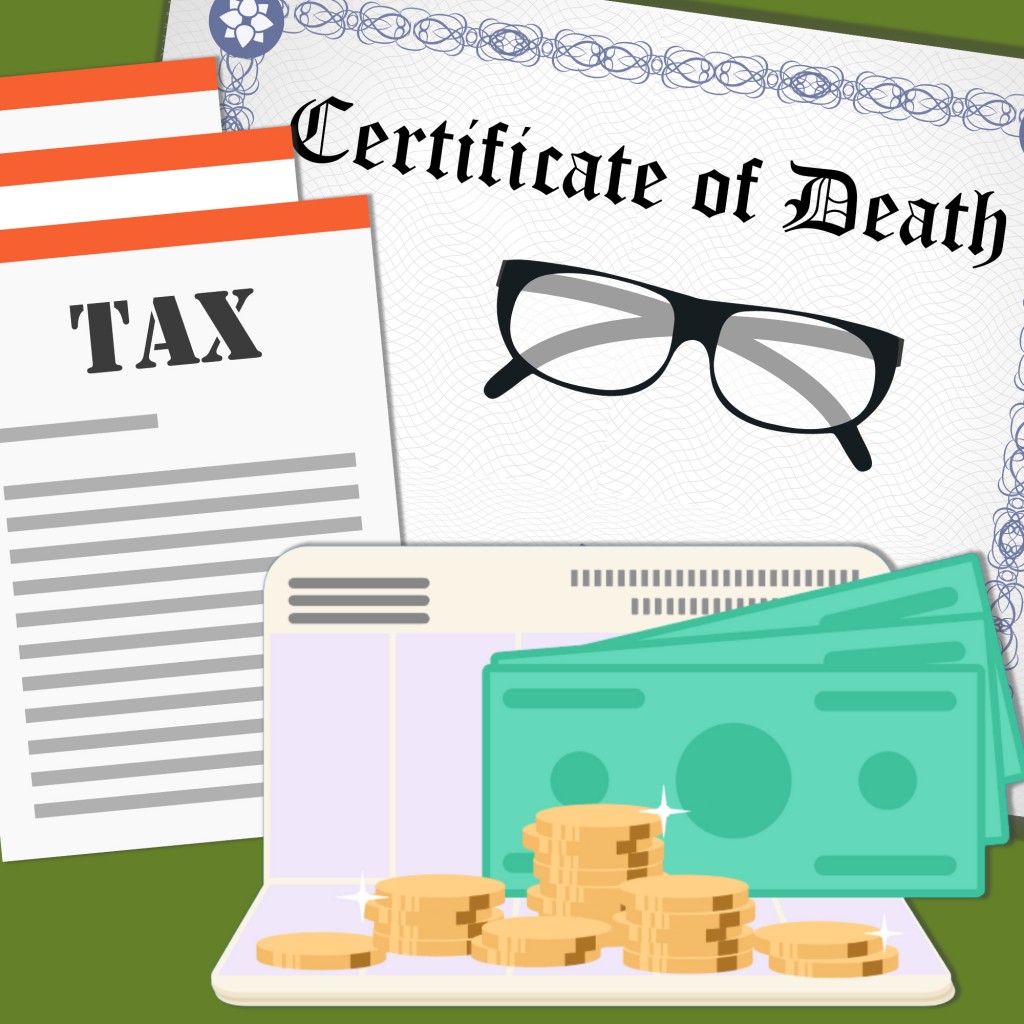
Published 09 July 2018, The Daily Tribune
Benjamin Franklin once said that there is nothing certain in this world, except death and taxes. His famous quote is apt, particularly, for the bank account of a deceased depositor.
Let us take the case of Juan. He was a good husband and father. He worked hard, lovingly provided for the needs of his family, and would set aside a portion of his income to his bank account as forced savings. He did this faithfully for several years, savings a substantial amount which he intended to spend during his twilight years. Juan died after living a fruitful and full life, leaving behind an estate which consists, in part, of his bank deposit. The heirs, armed with Juan’s passbook, visited Juan’s depository bank. They requested the Branch Manager to get Juan’s deposit as they are Juan’s legal heirs, but only to be told that a BIR tax clearance proving payment of estate taxes is a requirement for the fund release. Frustrated, the heirs went home, realized their inadequate resources to pay for the estate tax and rocked their brains on how to raise the money to pay for it. Without adequate funds, they simply could not withdraw Juan’s money from the bank. Death and taxes.
Before the passage of Republic Act No. 10963, more commonly known as the TRAIN Law, the Bureau of Internal Revenue mandated banks to require the payment of estate tax covering the bank account of a deceased depositor as a condition precedent to cash withdrawals (with the exception of allowing withdrawals up to P20,000 upon prior authorization by the BIR Commissioner). This left the heirs with a dilemma there was cash in the bank that rightfully belongs to them but not enough cash on hand to pay for the estate tax which would, in turn, allow them to withdraw the deposit. This is a common concern that confronts heirs of deceased bank depositors. How can they pay the estate tax if they can not even obtain the money to pay for it? Not so few heirs are forced to resort to borrowing and pay interest in the process, with a covenant to pay their creditor upon release of the bank deposit.
The TRAIN Law has sufficiently addressed this concern with the appropriate revision of Sec. 97 of the National Internal Revenue Code which now allows any withdrawal from the account of a deceased depositor without the need of payment of any estate tax, subject to a final withholding tax of 6% on the amount of the deposit. Upon determination by the bank as to who the rightful heirs of the deceased depositor are (pursuant to the bank’s internal policies and procedures), the bank can allow the deposit to be withdrawn as long as it withholds the required 6% tax.
Interestingly, the old Tax Code explicitly provided for the authority of the BIR to look into the bank deposits of a deceased depositor for the purpose of computing the tax due on his estate. This was considered as an exception to the prohibition against unauthorized inquiry, disclosure and examination of Philippine currency bank deposits under Republic Act 1405, otherwise known as the Law on Secrecy of Philippine Currency Bank Deposit. The TRAIN law did not retain the provision. Perhaps, the framers did not see the need for it because the release of such deposit is subject to the 6% withholding tax anyway. However, if the intention is to withdraw from the BIR such authority and the current laws on the secrecy of information about bank deposits do not expressly allow disclosure to the heirs, Â the latter will have a real cause for concern if the deceased depositor withheld from them information about the bank deposits. Should banks take the more conservative position and the strict interpretation on bank deposits secrecy law, the heirs may end up getting nothing for sheer lack of knowledge that the funds exist. To compound their woes, if the account of the deceased depositor becomes dormant due to lack of activity for at least ten years, the funds will be escheated in favor of the government under the Unclaimed Balances Law. In other jurisdictions, the funds stay with the depository bank in the absence of claims against the deposit. Not in the Philippines. Moral of the story. Transparency about the depositor’s assets to his rightful heirs. Knowledge, anyway, is not equivalent to grant. The depositor should share the appropriate information with his heirs or at least, adopt a mechanism to let them know about it after his death. Otherwise, the depositor’s hard-earned wealth may just end up in the hands of unintended beneficiaries.
Death we cannot avoid, but at least the payment of taxes and the distribution process to the heirs can be made less painful. For comments and questions, please send email to cabdo@divinalaw.com

